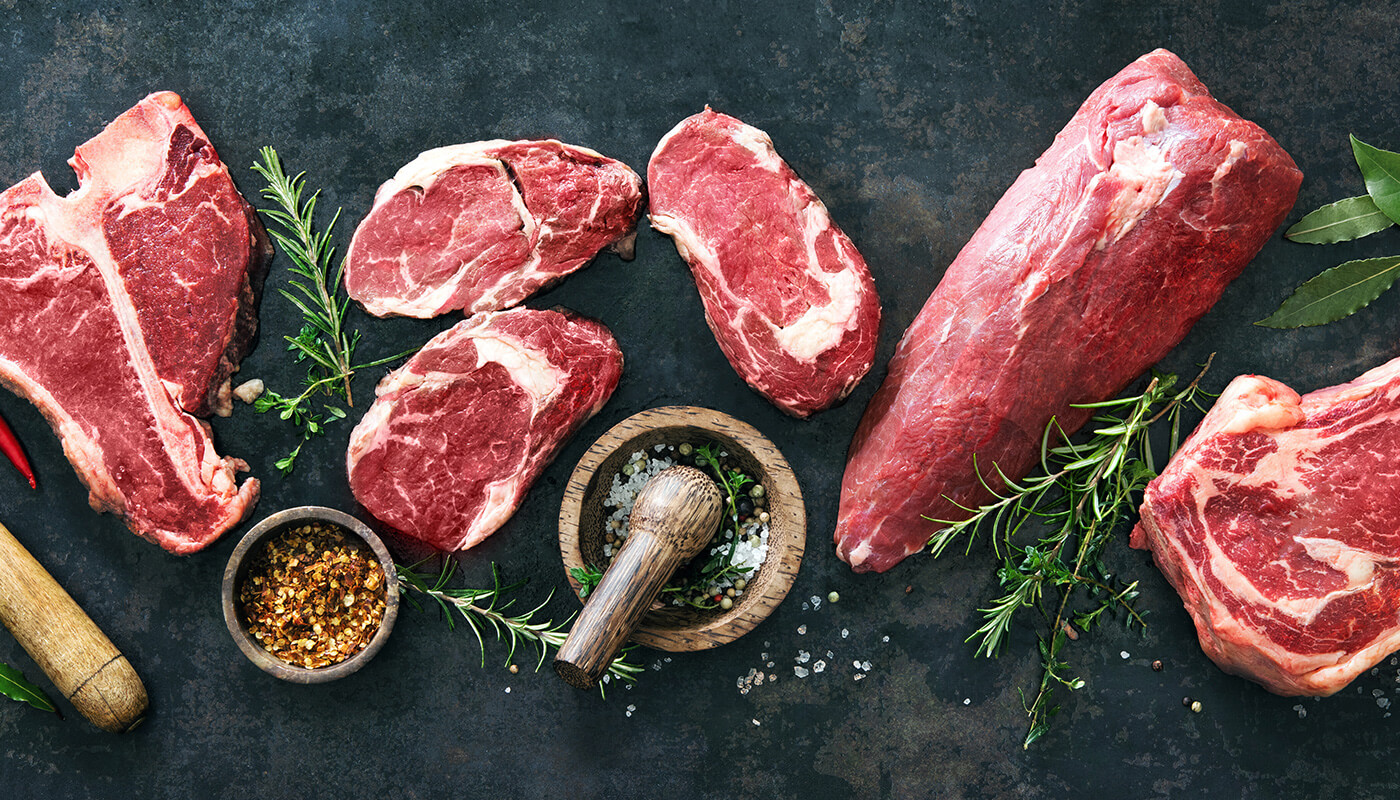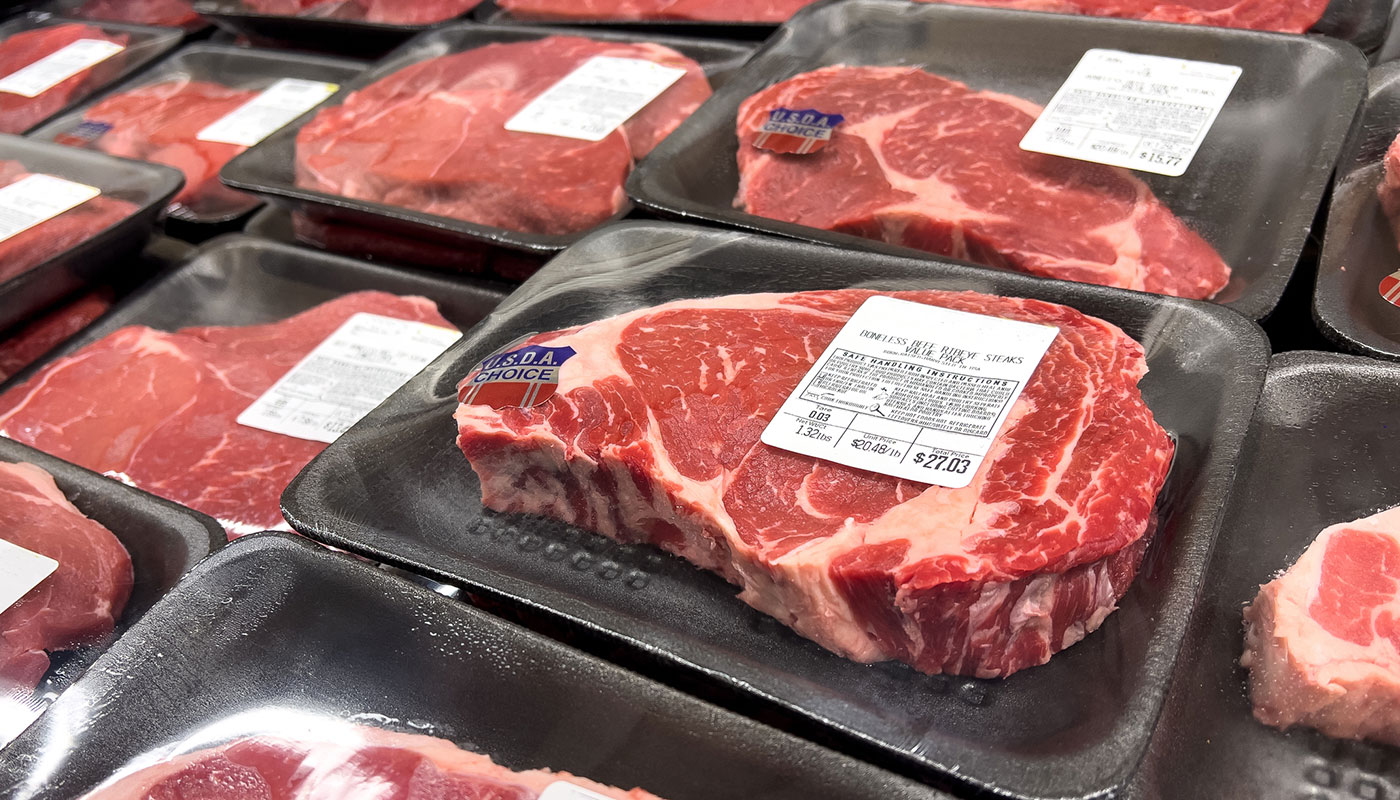
Labeling & Packaging
Beef Marketing Claims: What You Can (and Can’t) Put on Your Labels
Not all marketing claims are allowed on beef labels. This guide explains which claims are approved, regulated, or off-limits so your labels stay accurate and compliant.
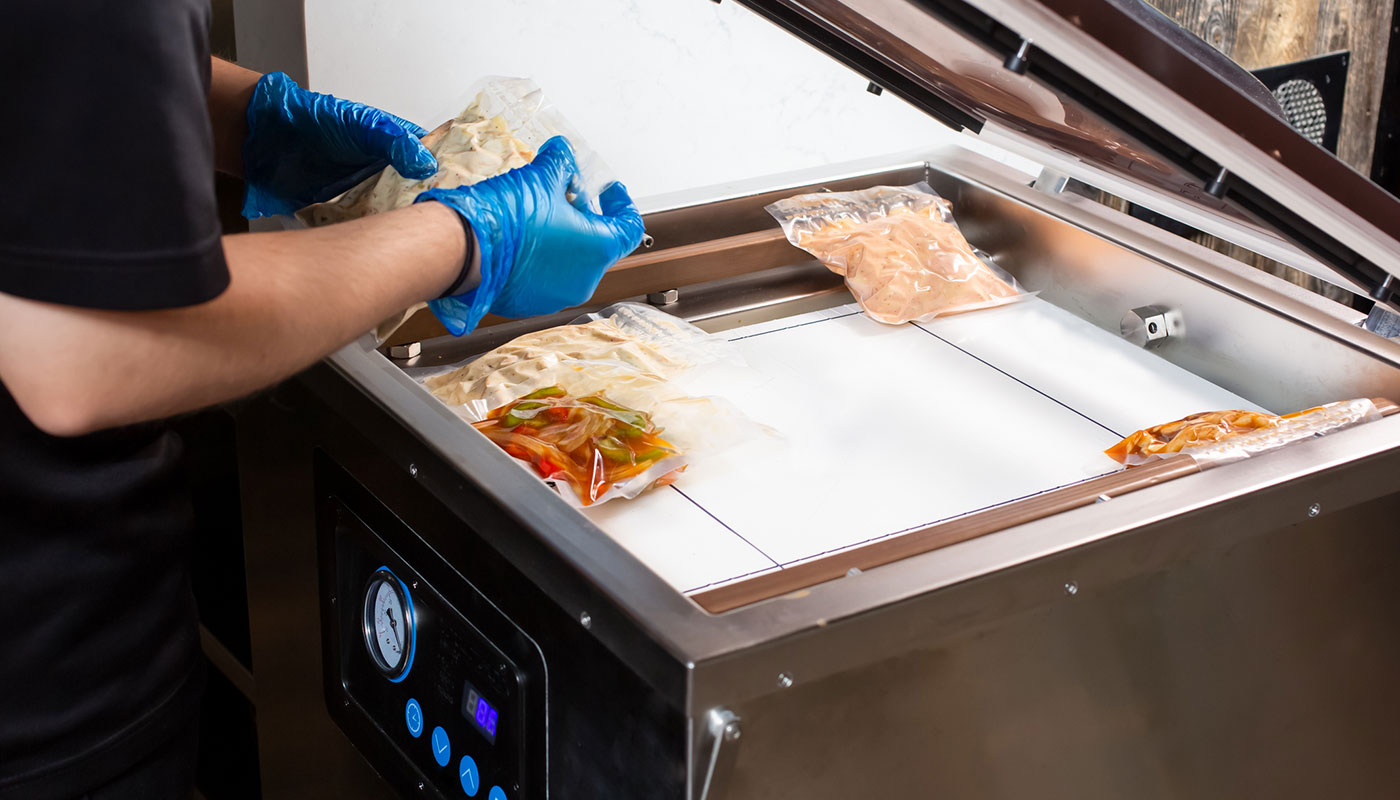
Labeling & Packaging
Vacuum & Reduced Oxygen Packaging: What You Need to Know
ROP can extend product shelf life, but it also increases food safety risks. This guide explains the required barriers, labeling rules, and HACCP steps.
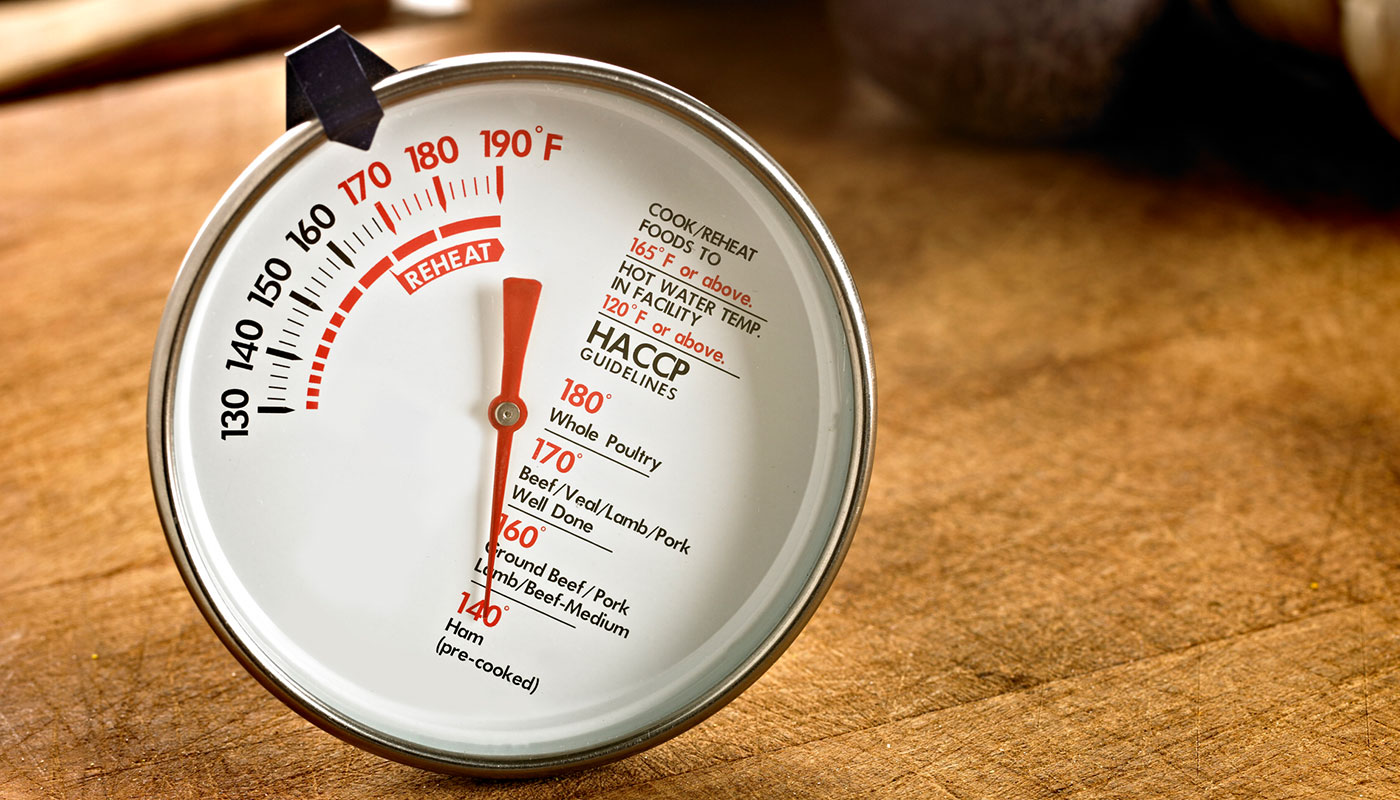
Food Safety
Thermometer Calibration Guide: Keeping Your Food Safety Tools Accurate
This guide shows how to accurately calibrate thermometers using ice or boiling water, helping processors maintain high food safety standards.

Customer Resources
Why Ground Beef Changes Color: A Simple Guide for Customers
This guide helps customers understand how a brown color in ground beef may not be a concern, just natural change.
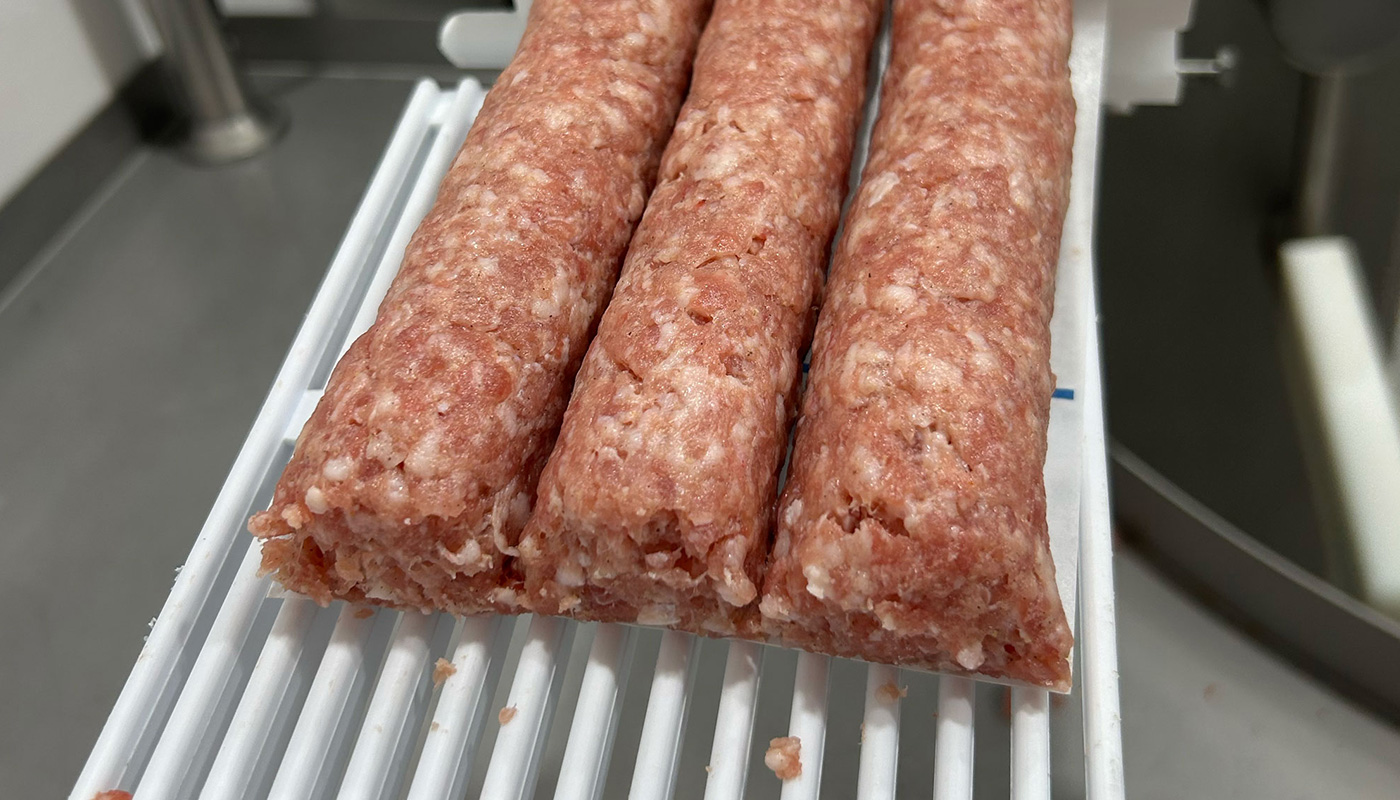
Processing
A Practical Guide to Meat Processing: What Processors Need to Know
This guide breaks down meat processing—from grinding to curing—and explains why it matters for flavor, safety, nutrition, and shelf life. A go-to resource for anyone in the meat industry.
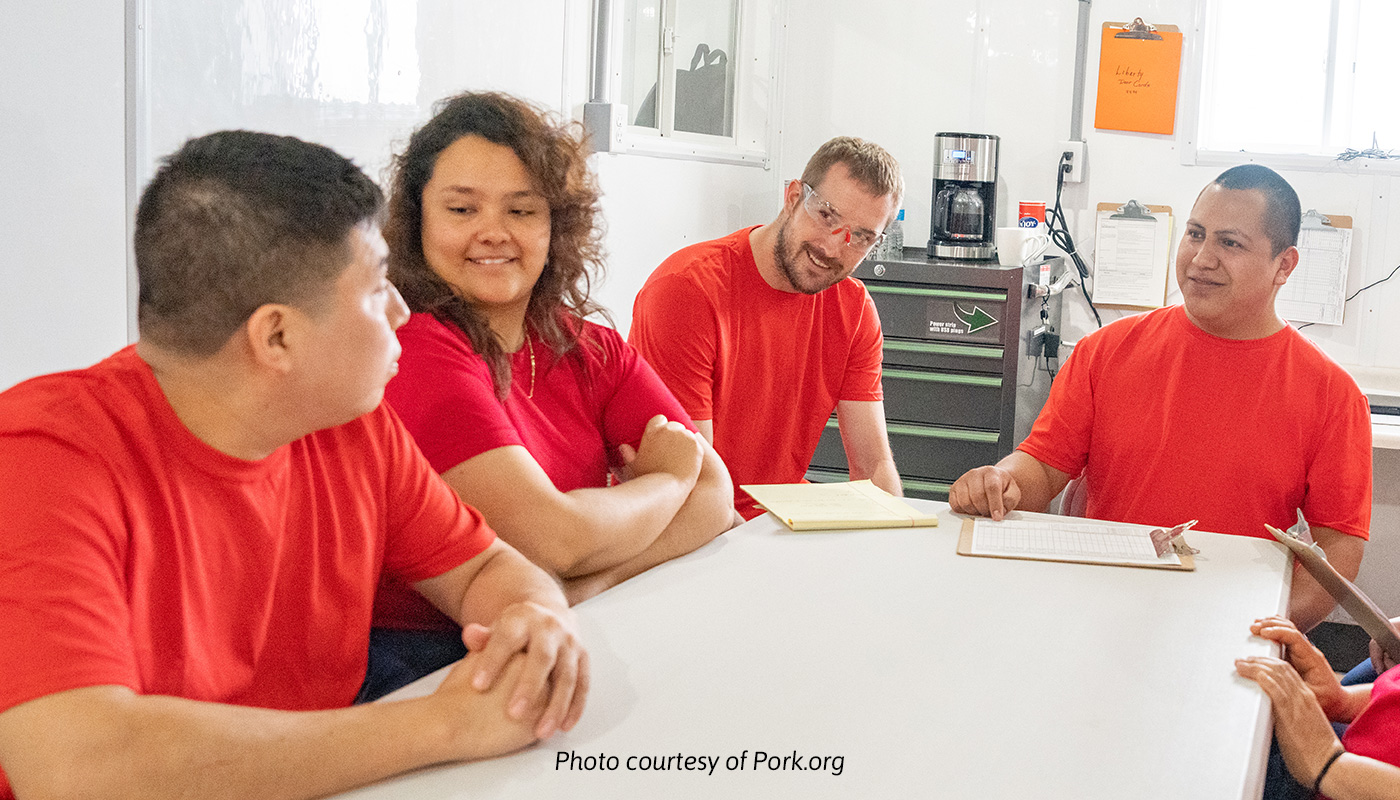
Slaughter
Getting Started with the New Swine Inspection System (NSIS)
Thinking about NSIS? This guide shows you how to get set up, train your crew, and meet expectations—while keeping your line running smoothly.

HACCP
FSIS Guidance for Small & Very Small Plants
FSIS resources built for small plants: HACCP models, training, help desk support, and funding info—everything you need to stay compliant and inspection-ready.
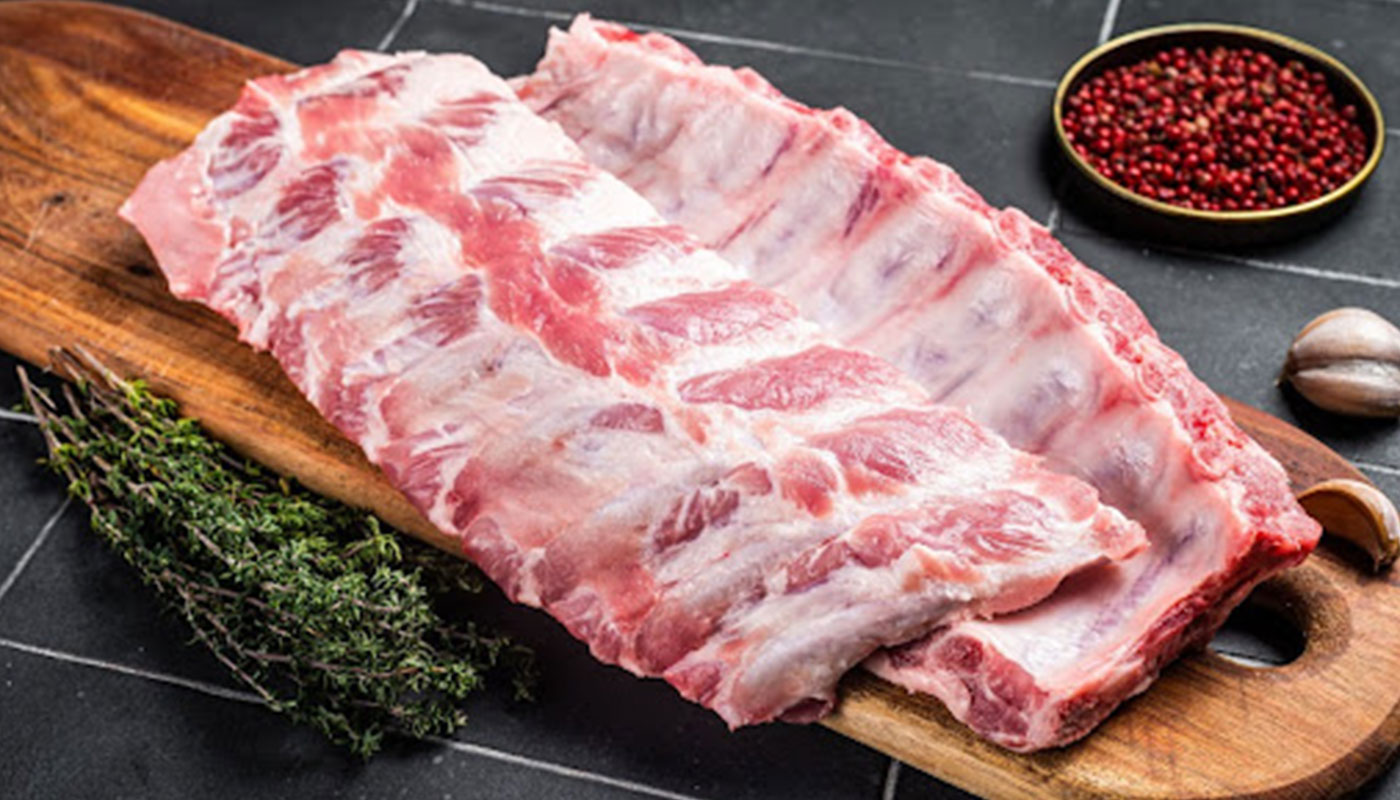
Processing
Lamb Quality Grading: Essential Guidelines for Meat Processors
Understanding USDA lamb quality grading empowers meat processors to deliver superior, consistent products. This video provides tips to boost product value, market trust, and staff expertise.
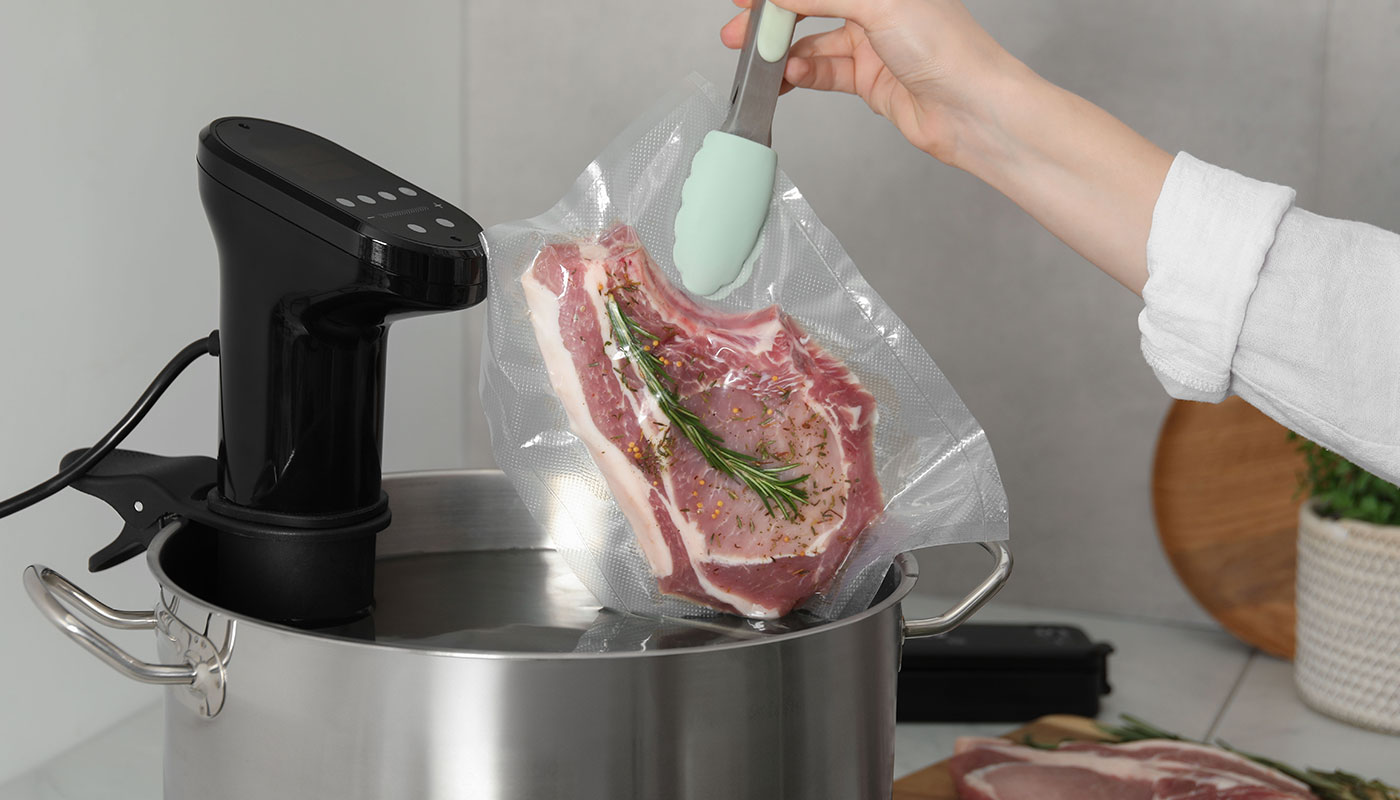
Processing
Sous-Vide: Unlocking Consistency, Safety, and Value
Sous vide empowers meat processors to deliver premium results, ensuring food safety and maximizing product appeal. With this technique, processors can achieve consistent, high quality meat cuts.
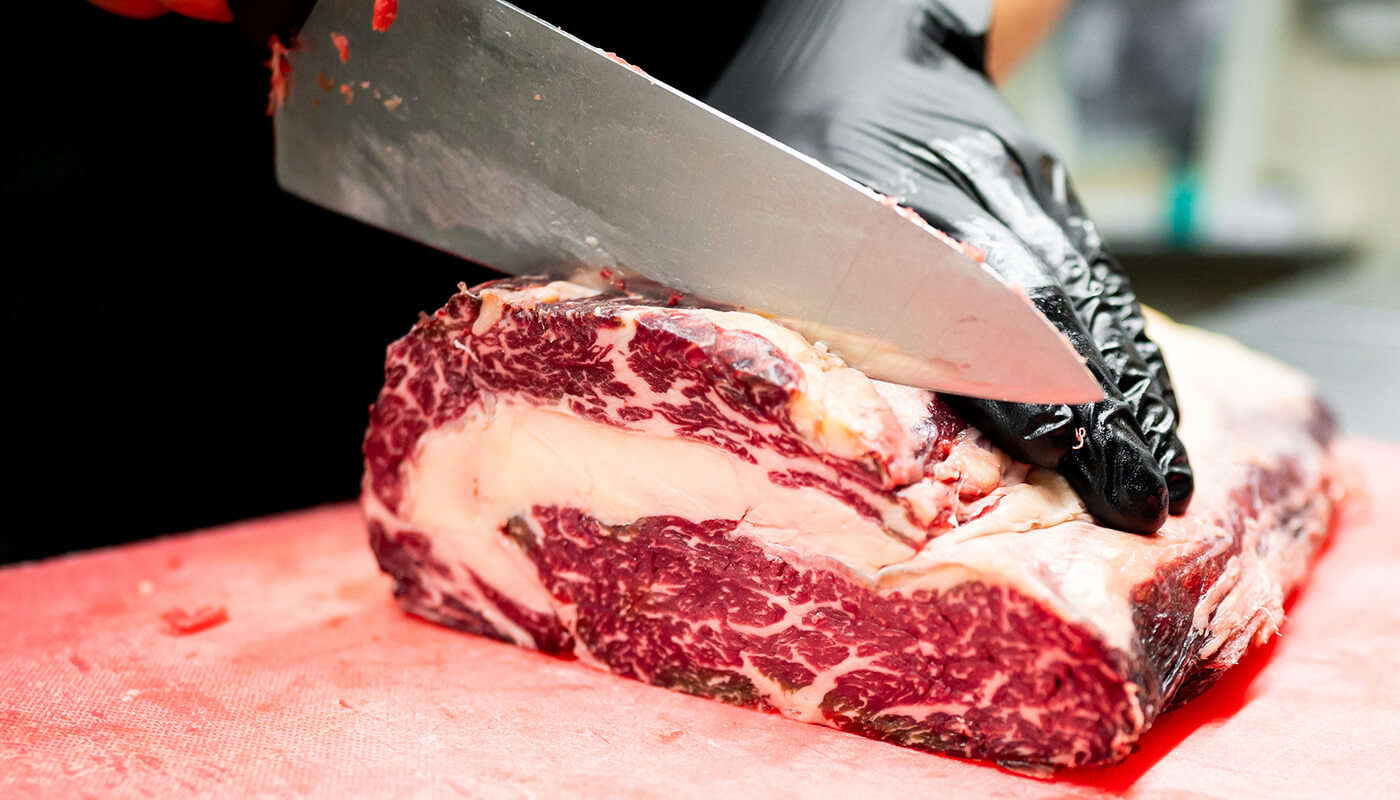
Meat Cutting
Butcher’s Guide to Red Meat
A practical, easy-to-read guide for meat processors covering the essentials of cutting, storing, and selling beef, pork, and lamb.
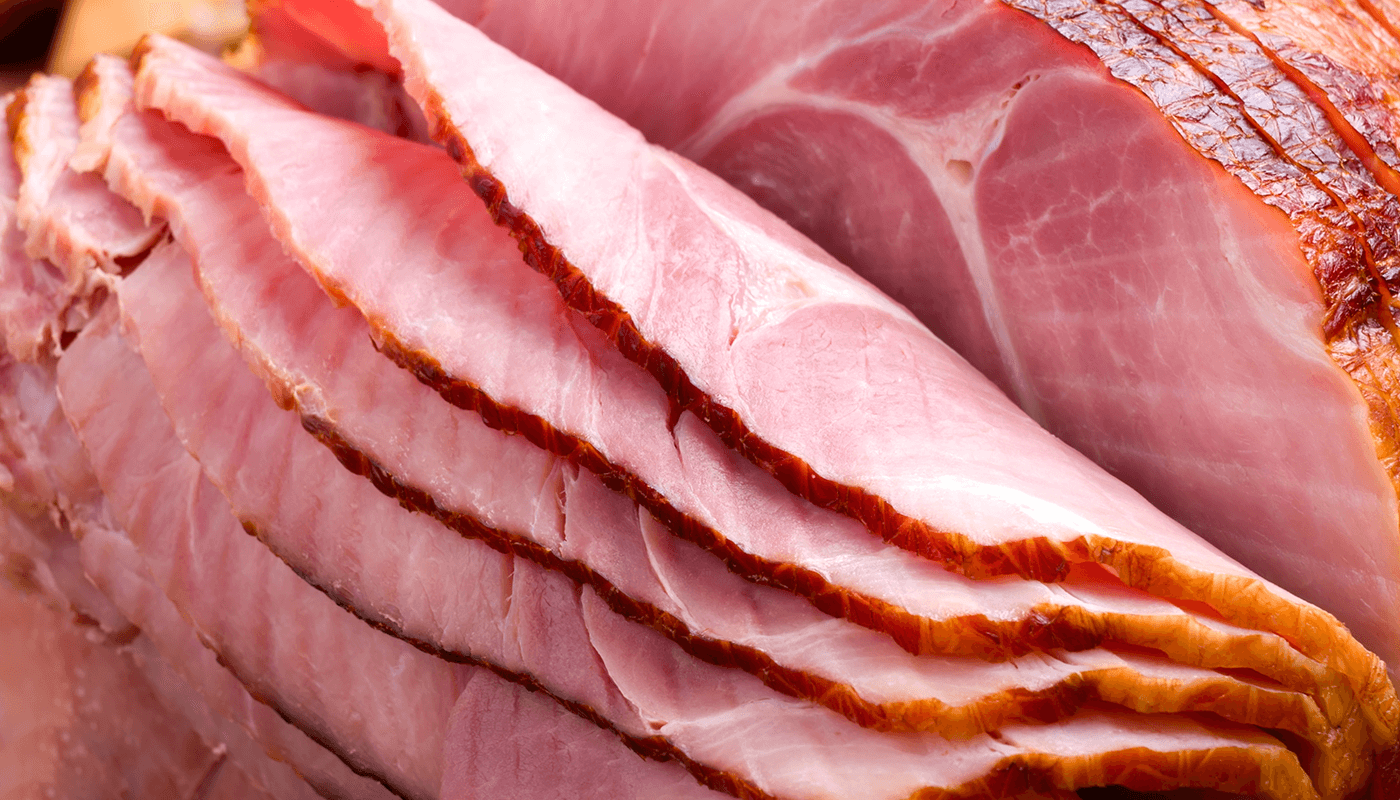
Food Safety
Cooking & Cooling Summary
This video offers a review of the AAMP Cooking & Cooling series with some final thoughts by Outreach Specialist Abbey Davidson.
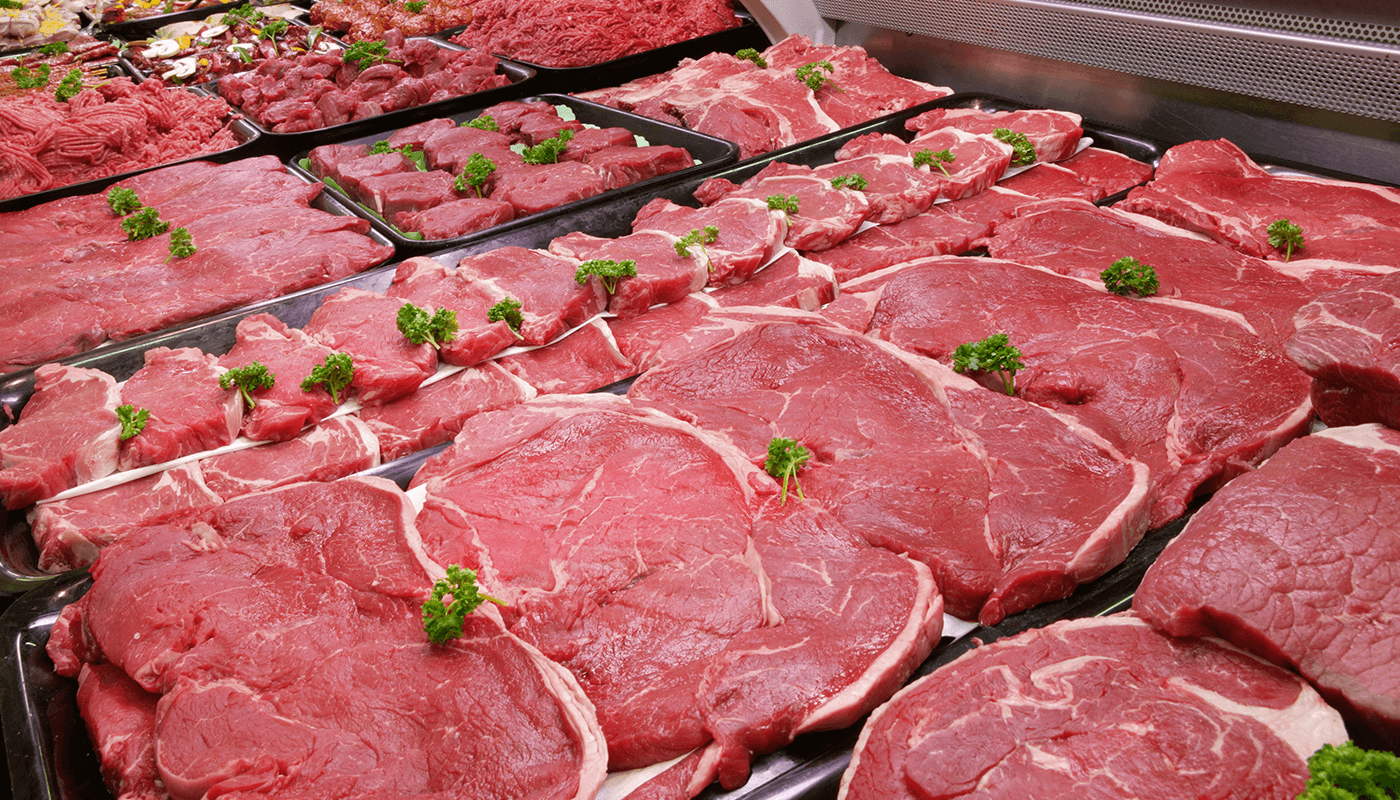
Labeling & Packaging
Meat Cuts Naming Practices
Join marketing and product specialists in this introductory webinar that explains the creation and adherence to a standard approach to meat nomenclature.
